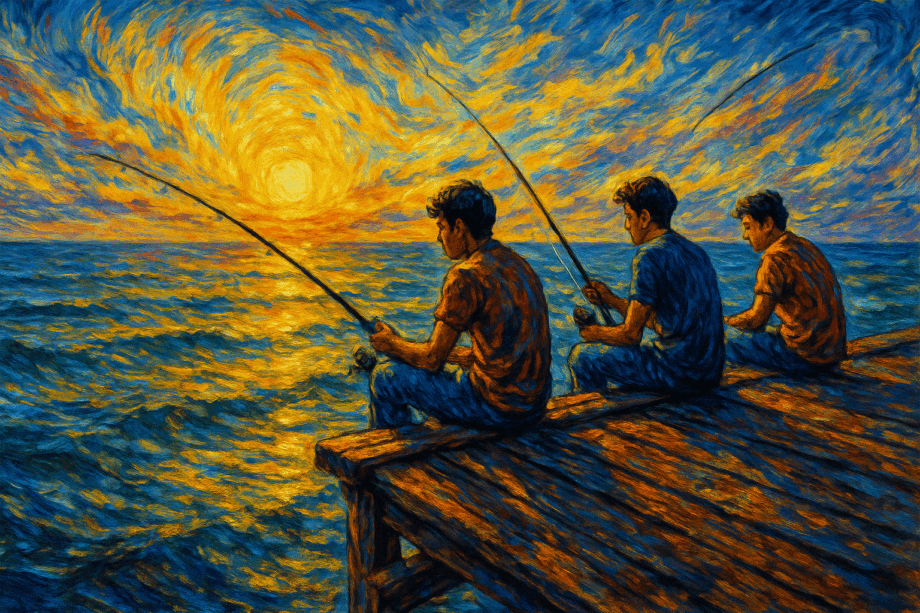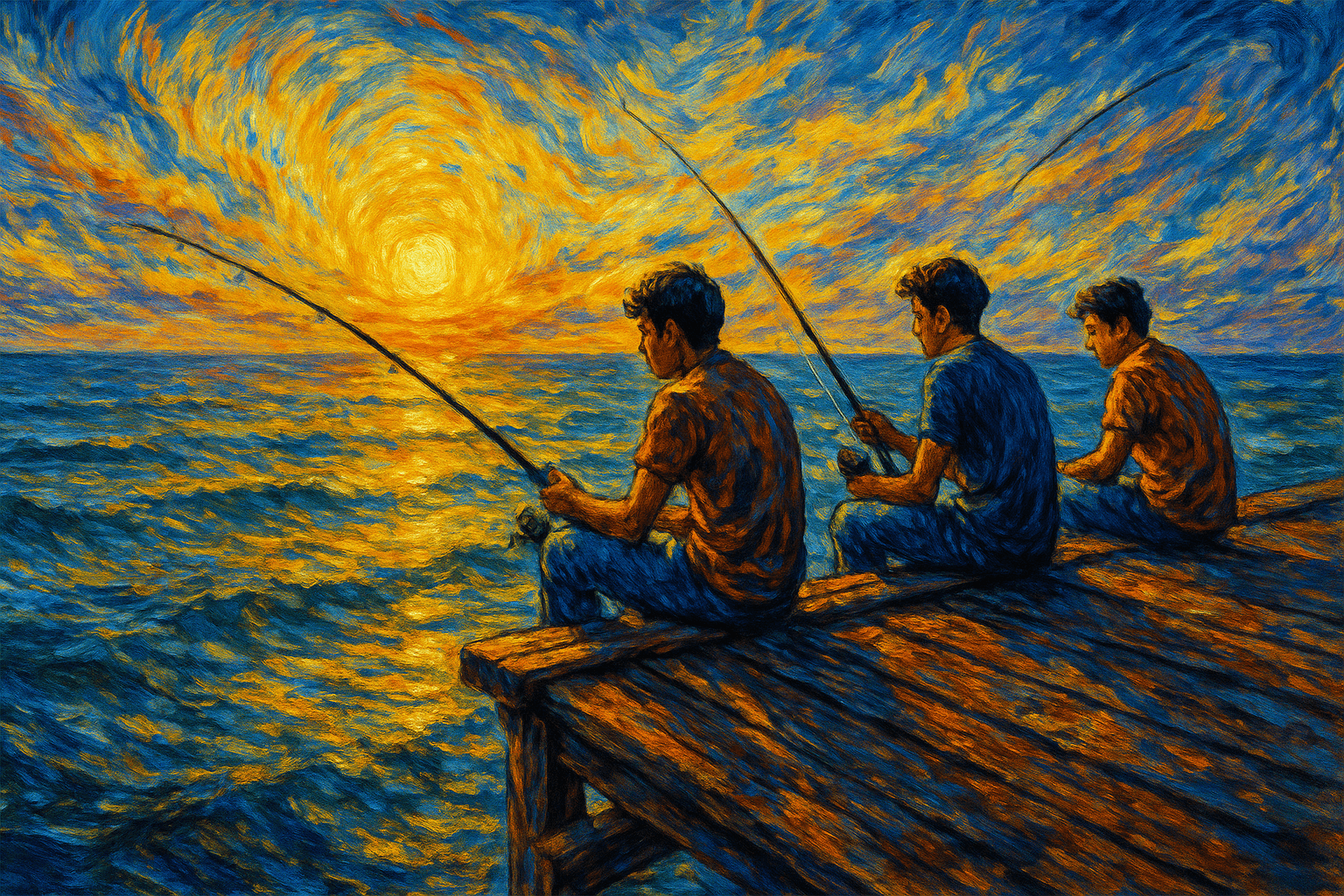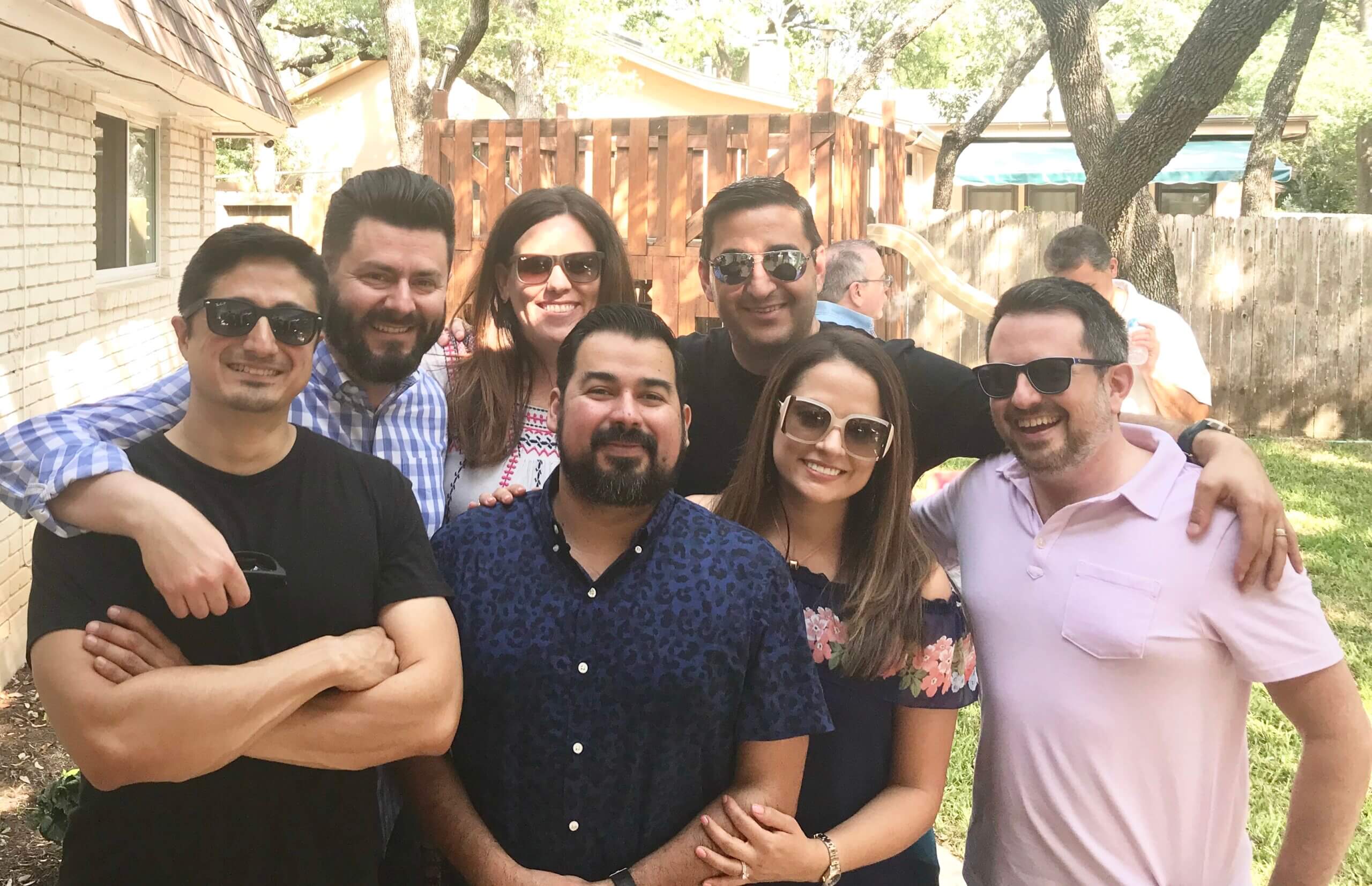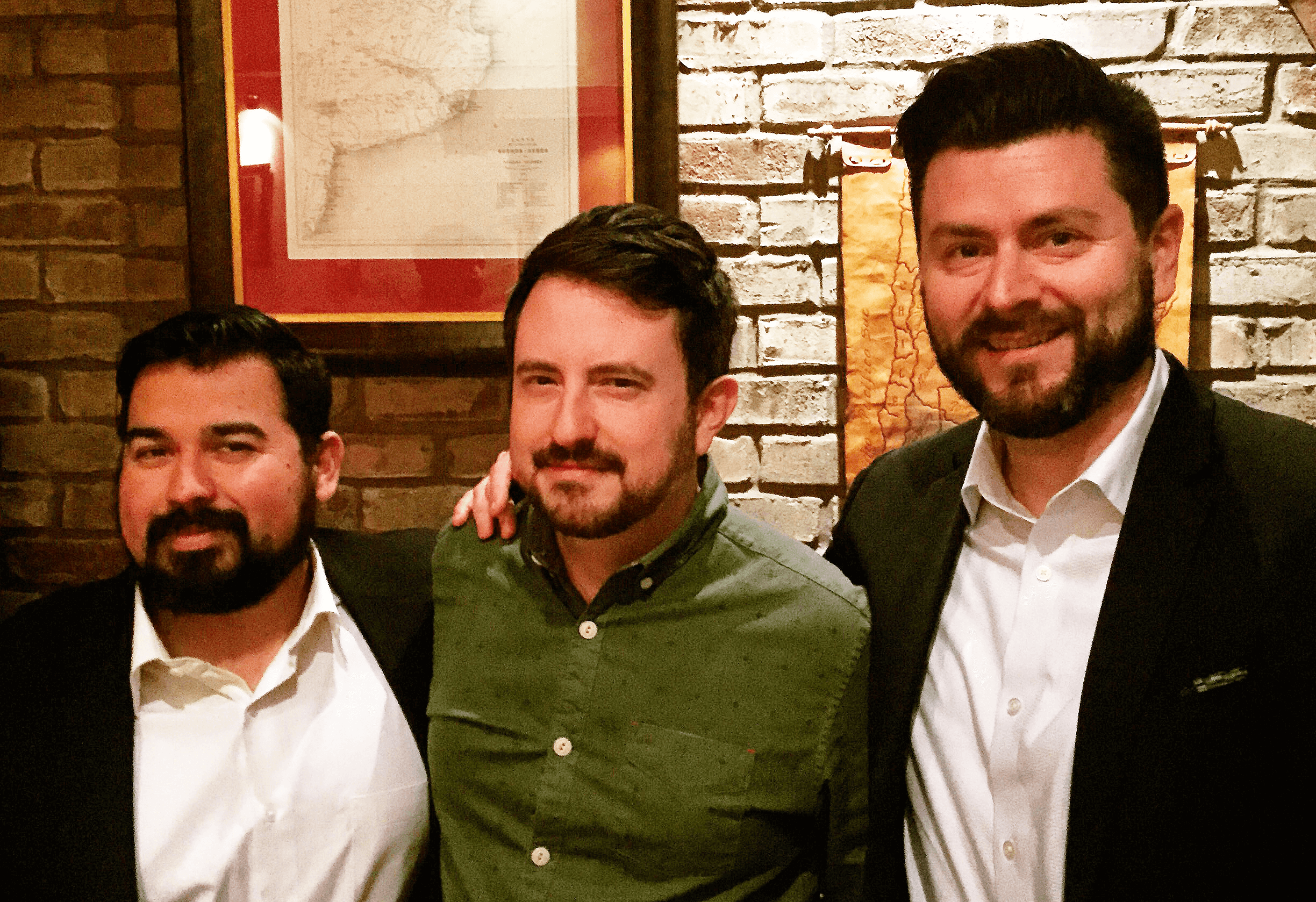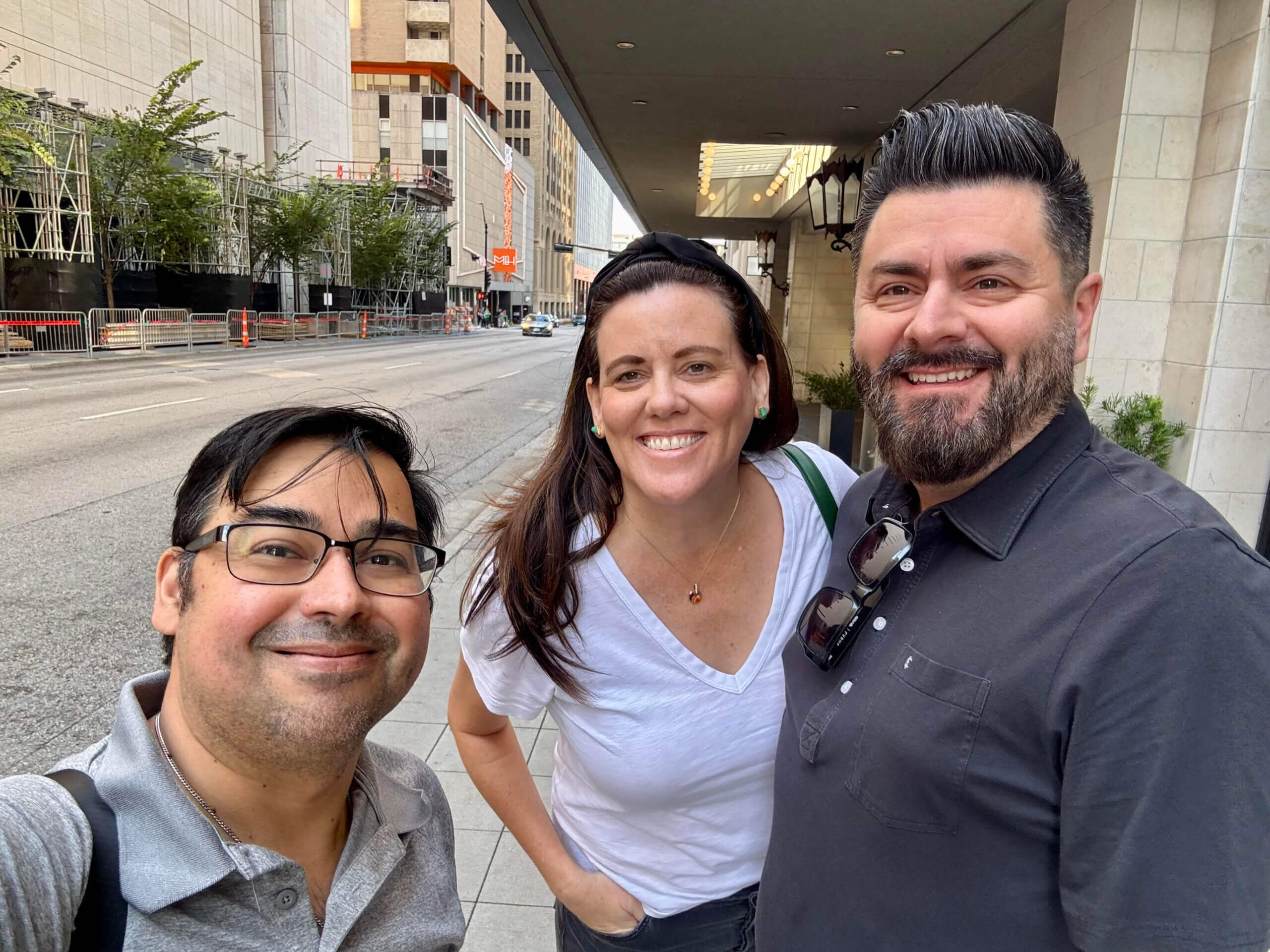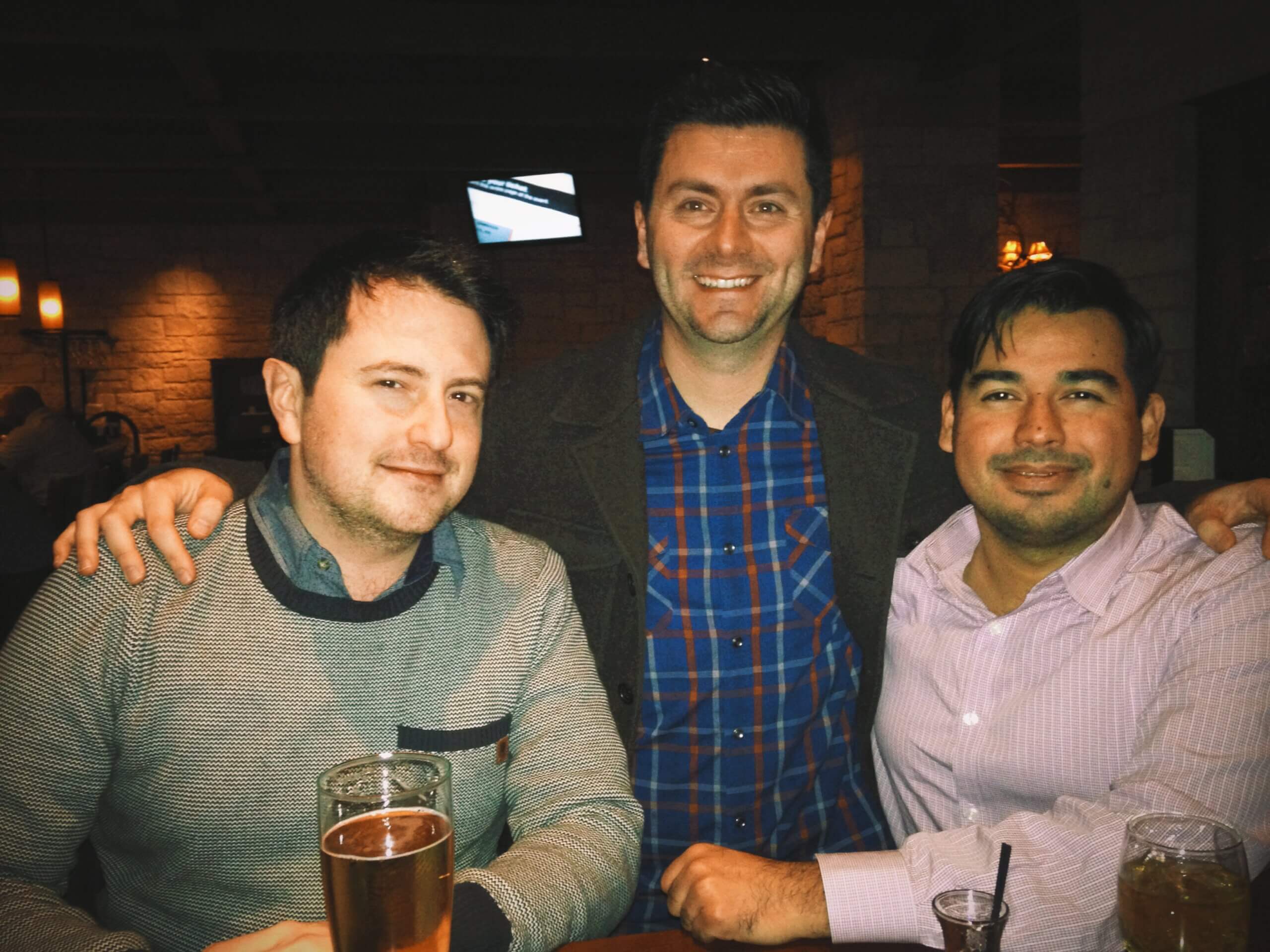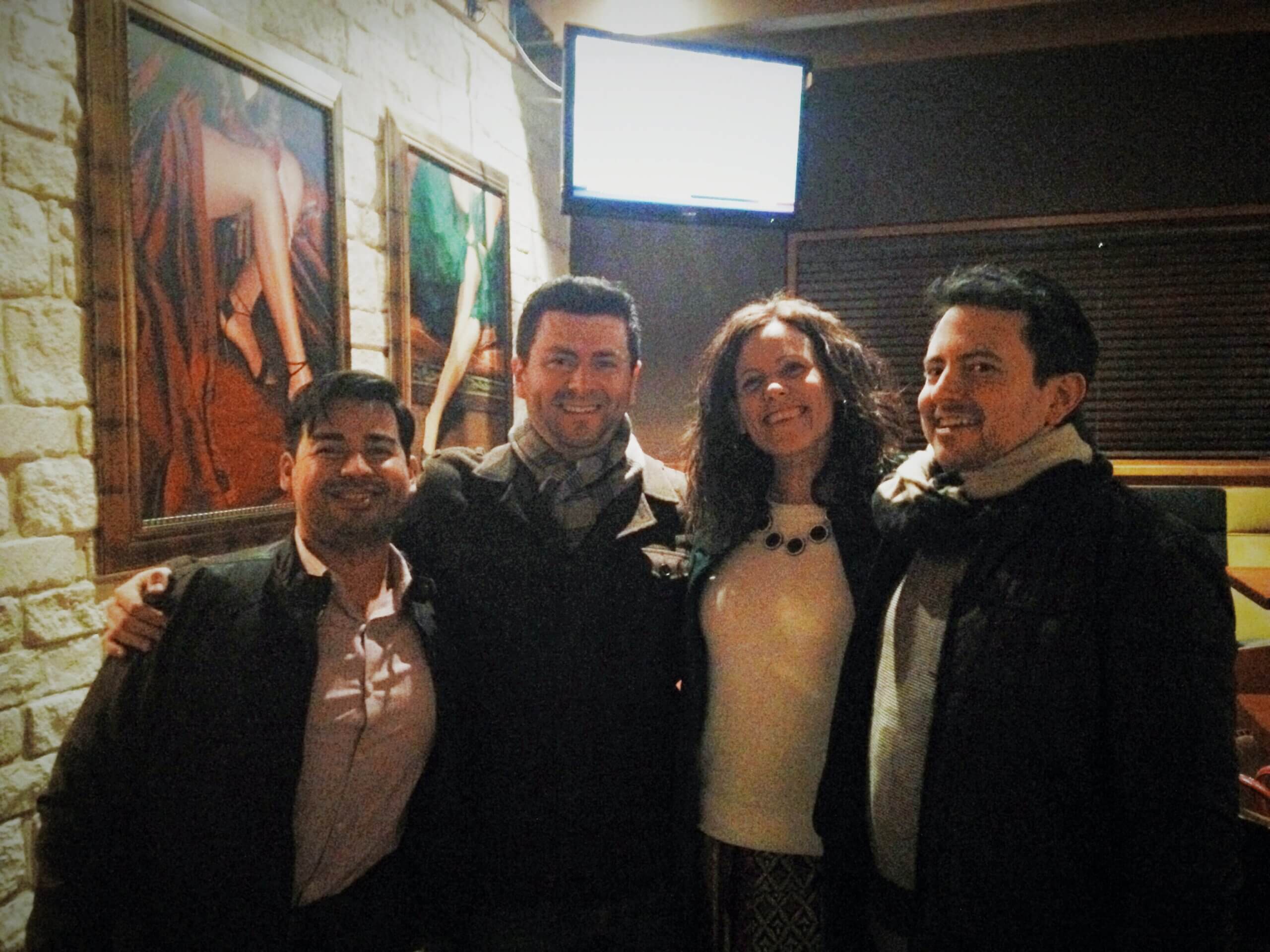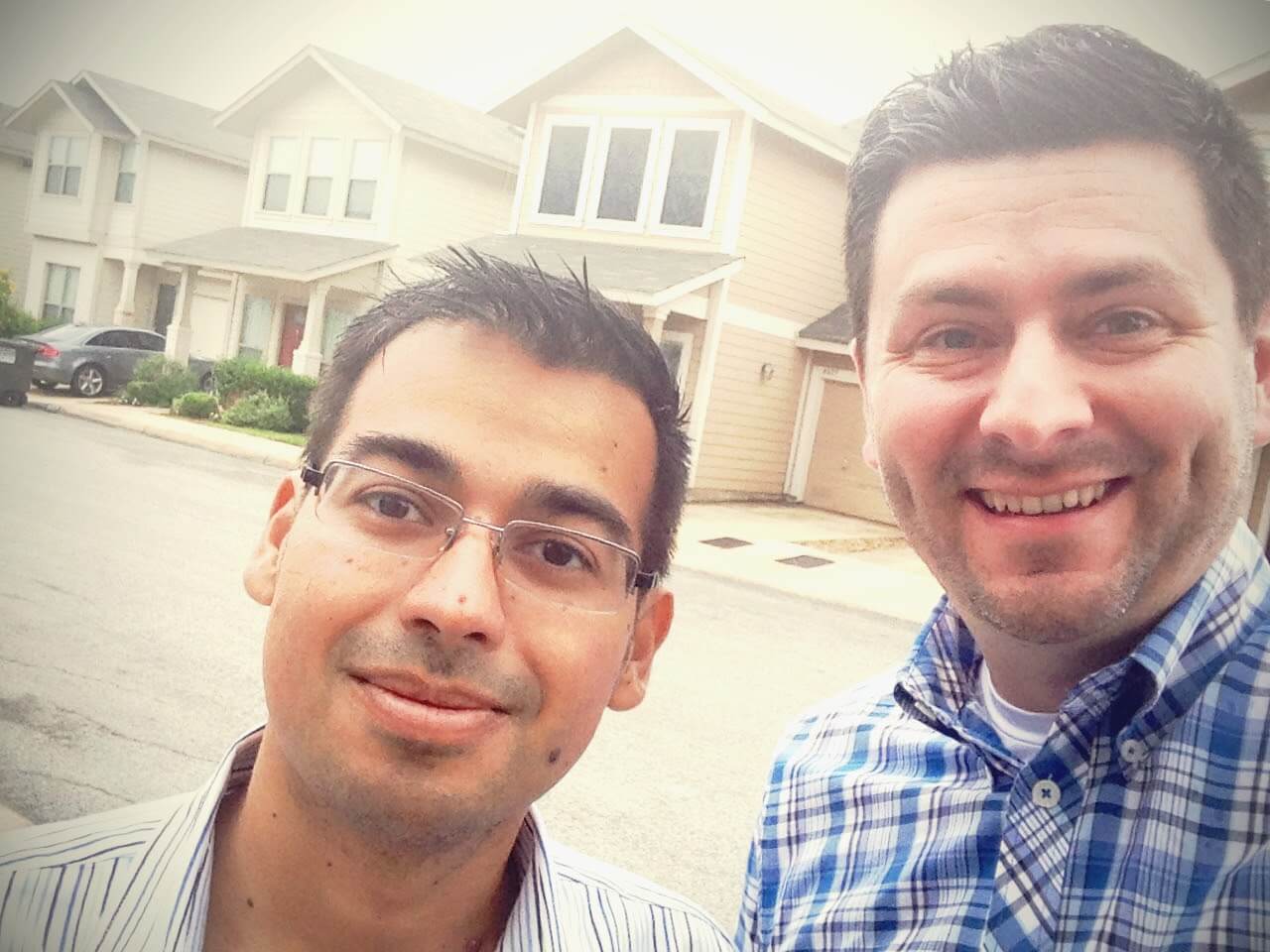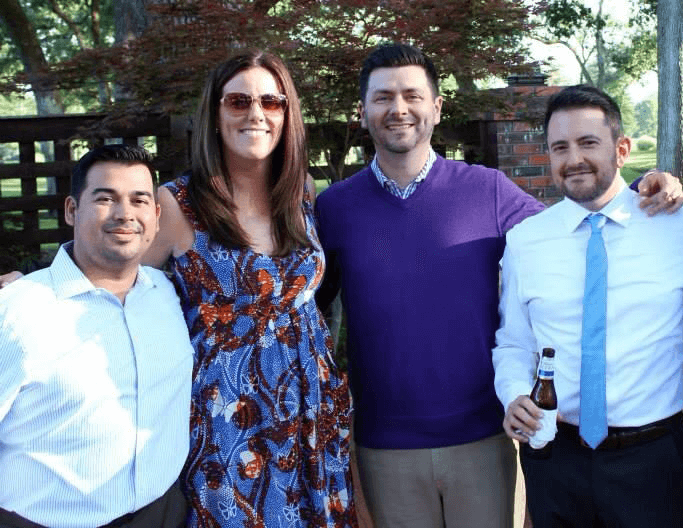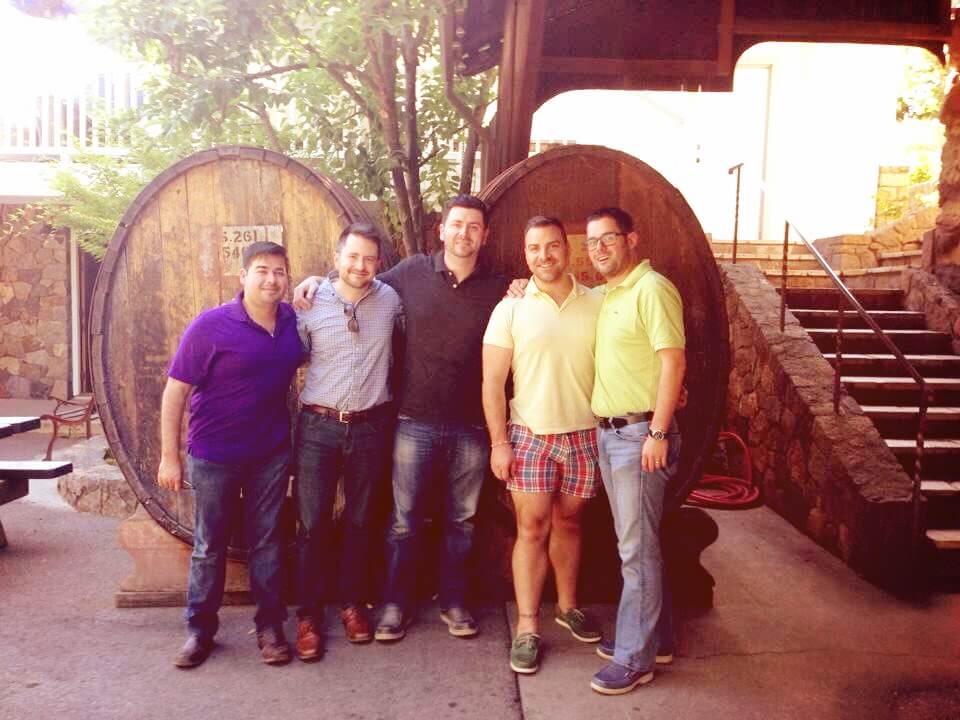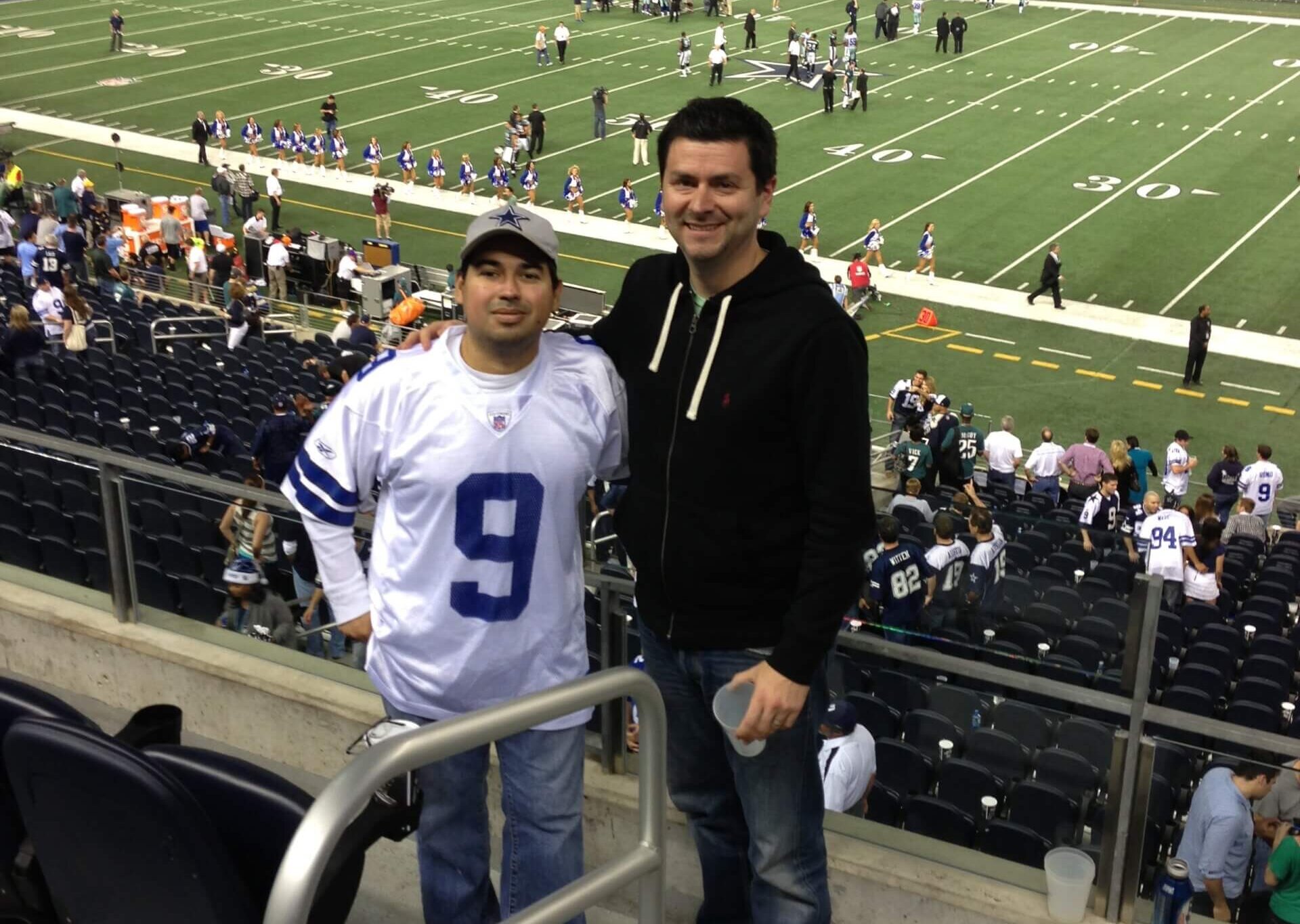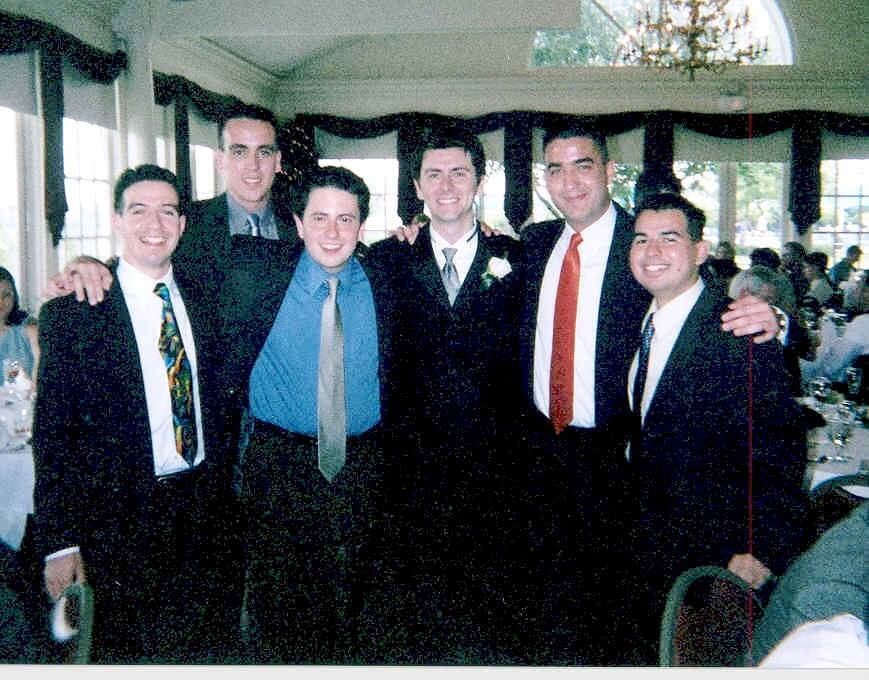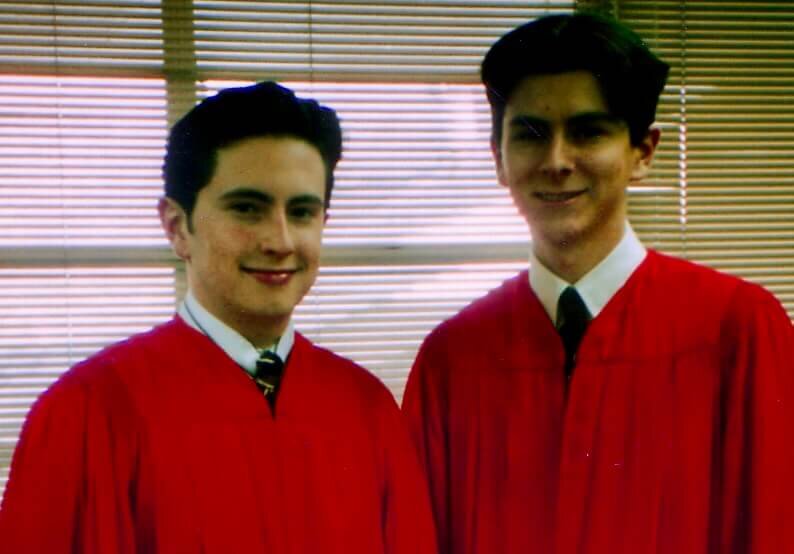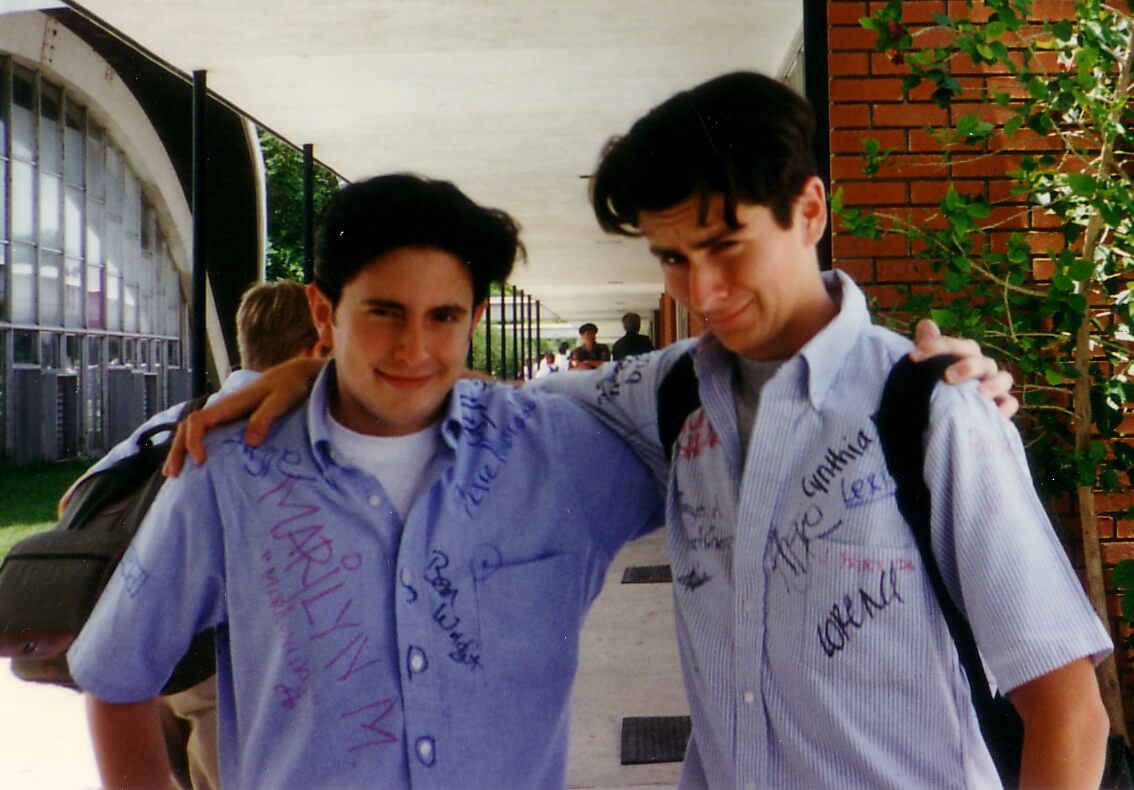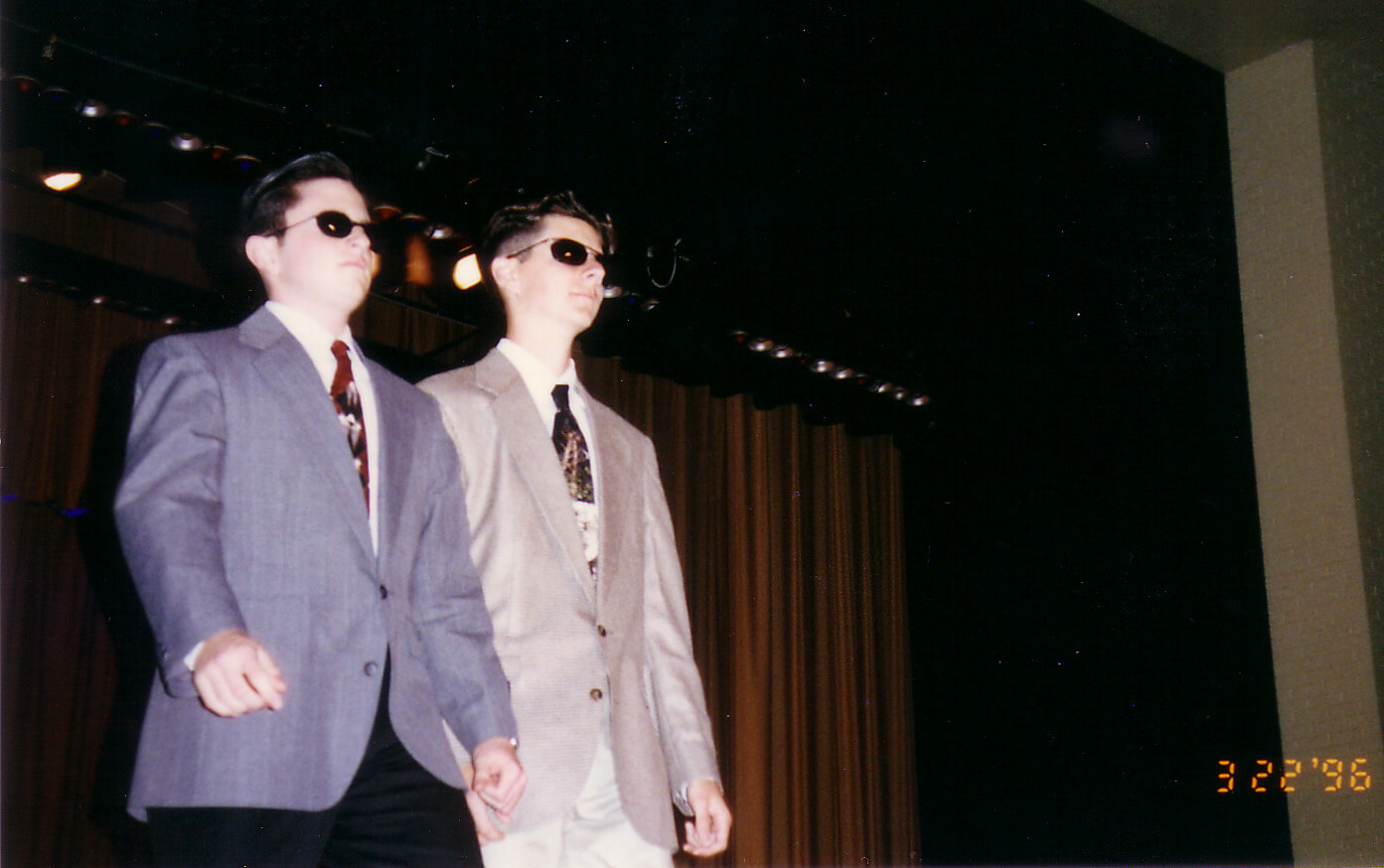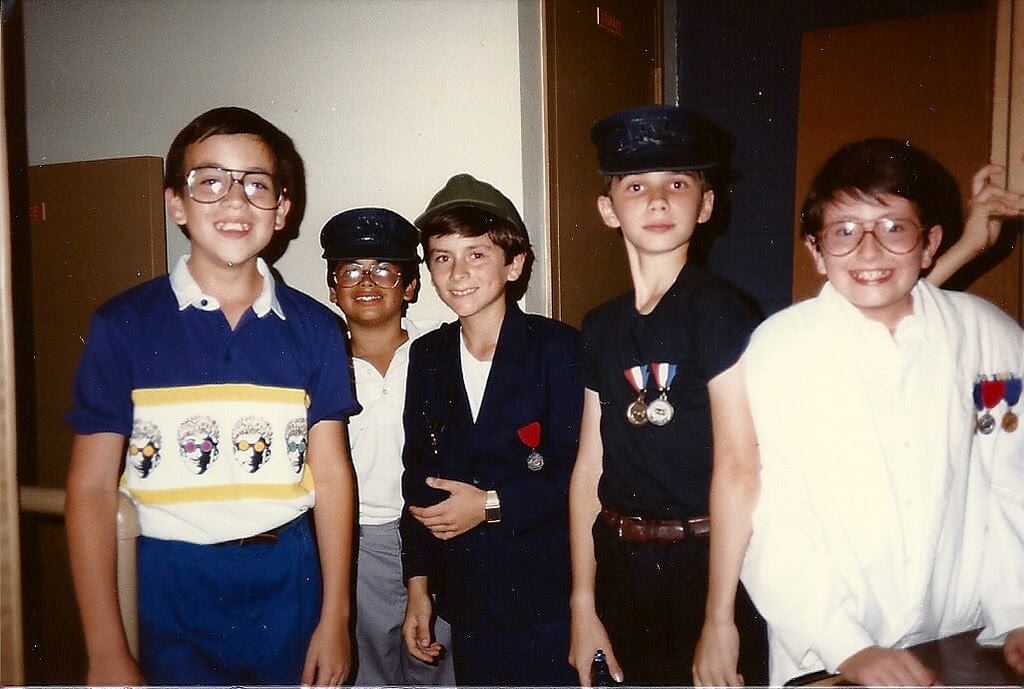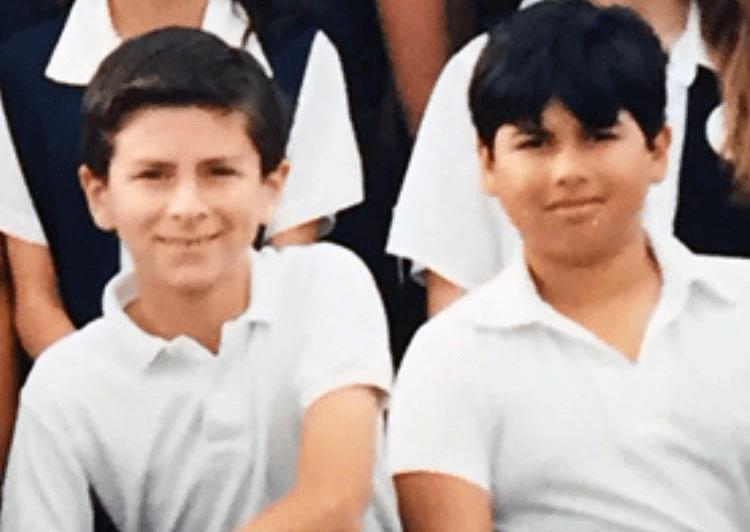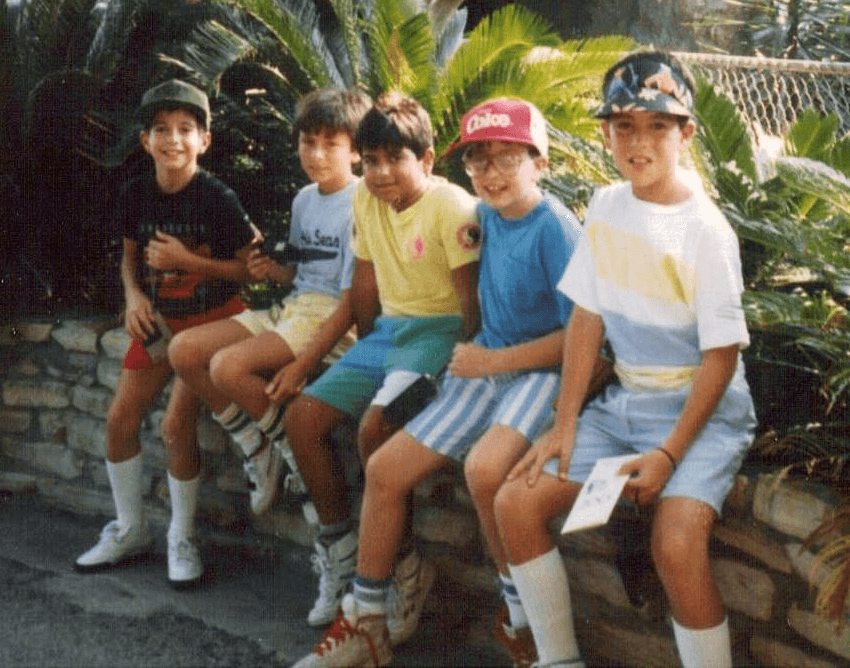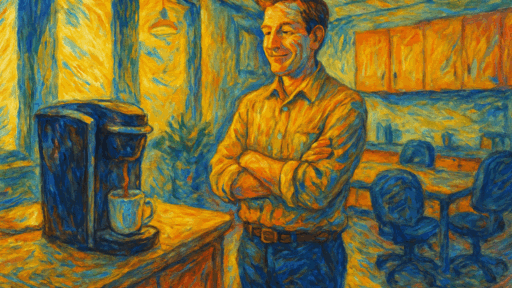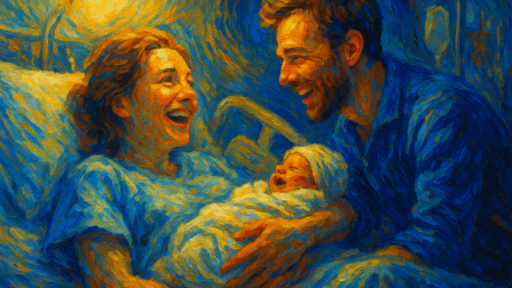“The most beautiful discovery true friends make is that they can grow separately without growing apart.”
Unknown
It was the kind of Saturday that should’ve disappeared into memory without a trace—the kind you forget before it’s even over—if not for one dumb idea.
The three of us decided to go fishing.
Fishing wasn’t our thing. It wasn’t tradition, or nostalgia, or even a good idea. Our friendship was built on driveway basketball games and living-room tournaments of Joe Montana Football, not quiet mornings by the water. But that day, for reasons none of us could explain, we borrowed a few poles, drove to the bay, and gave it a shot.
We’d been friends since before we knew what friendship really was—long before life got complicated. Back when friendship was simpler. You just liked the same music, and that was enough.
Then junior high showed up and rewrote the rules.
Suddenly it wasn’t enough to just show up anymore. There were new hierarchies—who was cool, who wasn’t, who could survive a lunch period without humiliation.
We all stumbled through it in our own ways, trying out new versions of ourselves—often at each other’s expense. Secrets got shared and reshared, alliances shifted, and small betrayals felt enormous. Somewhere along the way, we said or did things we didn’t mean. Pulled away. Pretended it didn’t matter.
Boys do that a lot—pretend the distance doesn’t hurt.
So maybe that fishing trip was our way of trying to fix it, even if we didn’t have the words for that yet.
We didn’t have much to say that morning. Maybe that was the point.
Teenage boys aren’t great at conversations that start with “I miss you.” So we sat there in borrowed folding chairs, holding borrowed poles, watching the water and pretending we knew what we were waiting for.
It was quiet for a while—the good kind of quiet. The kind that lets everything else settle. The wind barely moved. The water didn’t care who we were trying to be.
After a while, the silence started to loosen. Someone cracked a joke about how none of us had any idea what we were doing. Someone else laughed too loud, probably relieved that it was finally okay to laugh again.
And just like that, we found our old rhythm—half teasing, half forgiving. Not all at once, but enough.
We didn’t catch a single fish that day. But something between us shifted, quietly, like the tide inching in.
That trip became our truce. No one said it out loud. We just packed up when it was time to go and knew somehow that things were better.
We never did go fishing again.
Never returned to that pier on the bay.
Turns out, once was enough.


